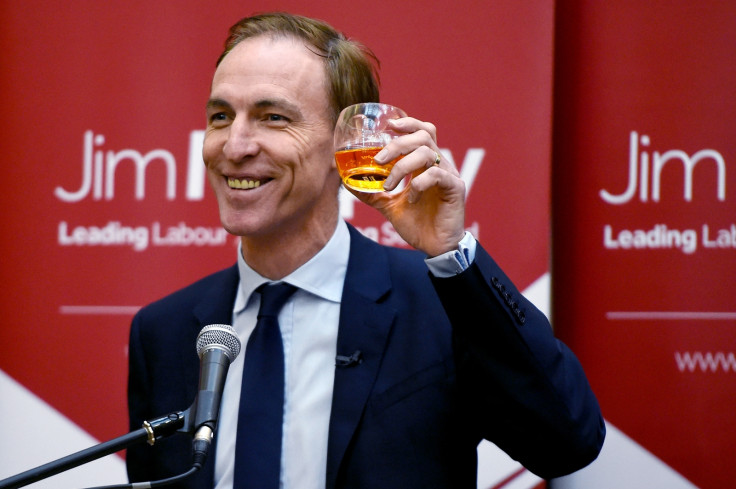Mansion tax: A Scot looks forward to his share of the spoils

On a Liberal Democrat website explaining the Party's Mansion Tax on homes valued at £2 million or more, it is claimed that less than 0.5 per cent of homes in the United Kingdom will be affected and that the tax will raise some £1.7 billion per year. The site says that this money is earmarked to reduce Britain's deficit.
What looks like the main reason for imposing this tax in the first place is the unfairness of the Council Tax system, the example given being that of a £3 million property paying the same as one valued at £700,000 or so. Added by way of support is that over 50 per cent of London houses breaking the threshold have been bought by foreigners ("overseas investors").
The Liberal Democrats senior coalition partners, the Conservatives, don't support levying such a tax it is claimed, for fear of offending their rich donors – do all these "overseas investors" donate to the Tories?
A possible sting in the tail for the "pensioner" living in a home of this value, allows for a delay in payment of the tax "until their property changes hands". It is not clear but let's assume the worst, that accumulated, unpaid back taxes would be owed by the pensioner if leaving and selling the property from the proceeds, or would have to be paid out of his/her estate if deceased giving the government first call before any family or other beneficiaries. "Asset rich, cash poor" springs to mind.
This particular website is undated but the reasons for the tax and expectations of its annual yield could be expected to remain roughly correct.
Fortunately however, more was revealed on 12 April 2015 when, after previous notice had been given that this was a work in progress, Liberal Democrat leader Nick Clegg furnished more detail. The proposal is for a banded Mansion Tax Table, somewhat in the style of the present Council Tax.
One could refer to it as a "Super Council Tax" – though local authorities will not benefit, directly at least – by bringing up-to-date the tax bands that successive governments, for whatever reason, have not been bothered to implement.
Properties valued between £2 million and £2.5 million will face a charge of "up to £2,000" per year; £2.5million - £3 million, up to £3,500; £3 million - £4 million, £5,000; and £4 million - £5 million, £9,000 – all per year. Current Council Tax would of course also be applied and Stamp Duty on sale of property likewise.
What will be HM Treasury's reward for imposing the Mansion Tax?
It will raise an estimated £1 billion per year.
Considering much thought and research has gone into this over a year or more and with no detailed proposals as yet from Labour's Mansion tax (except a suggested £250 levy per month on properties valued between £2 million and £3 million) one can only accept the figure as credible.
With still such a very large deficit to balance and so meagre a yield, a valid question/criticism must be whether this is all simply tokenism?
Emily Gosden reporting on The Telegraph's website on 12 April quotes Mr Clegg:
"It is less than originally mooted but because we have worked up the idea, looked at what we think is reasonable and fair, we think this is a reasonable and fair way of doing it and shouldn't scare the horses."
Nick's "horses" had nothing to do with Saturday's Grand National at Aintree and everything to do with 200 miles south: "Wealthy foreigners are shunning London's luxury housing market following Labour's announcement that it will end their "non dom" status if it wins the UK's general election..."
This quote from Saturday's FTWeekend, although more specifically citing the abolition of Non-Domicile Tax status, has inevitable links to the upper end of the housing market in London and south East, the area which will "contribute" 95 – 97 per cent of the Mansion Tax.
Who could possibly be wanting a transfer of some of that Mansion Tax yield?
In a Scottish political "Leaders' Debate" last week, Mr Jim Murphy (Scottish Labour) criticized First Minister Nicola Sturgeon (Scottish National Party) for wanting full fiscal autonomy for Scotland as this would deprive Scotland of its share of the Mansion Tax revenues, pointedly stating that the tax is to be raised almost entirely in London and the South East – he was going to put it, yet again, to the Health Service, nothing to do with bringing down the deficit.
Sometimes it's good to benefit from an overpriced housing market – elsewhere.
© Copyright IBTimes 2025. All rights reserved.






















